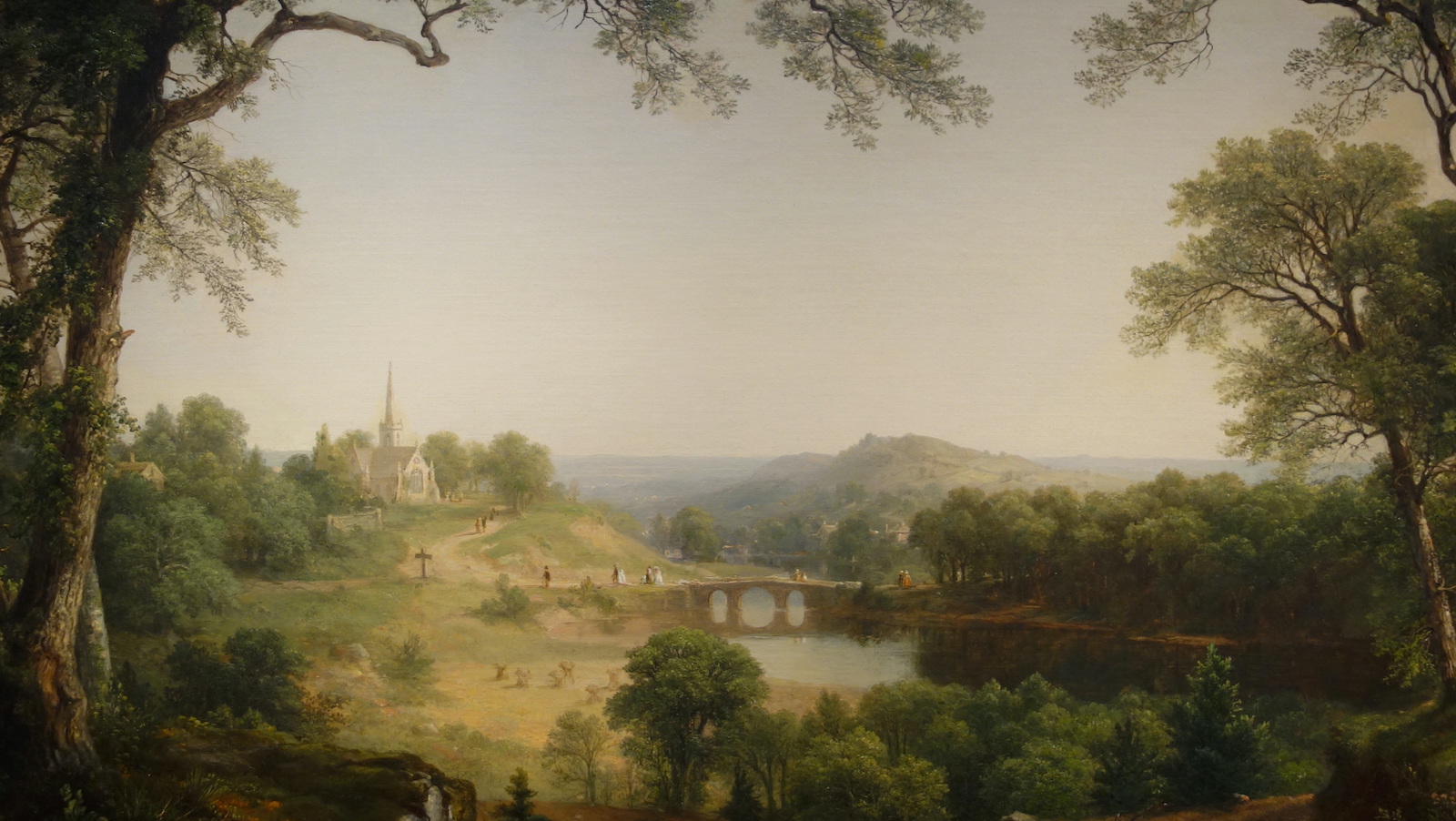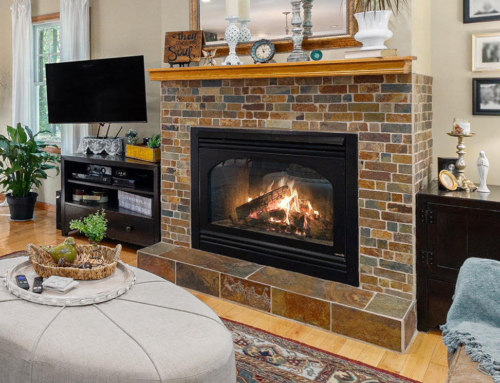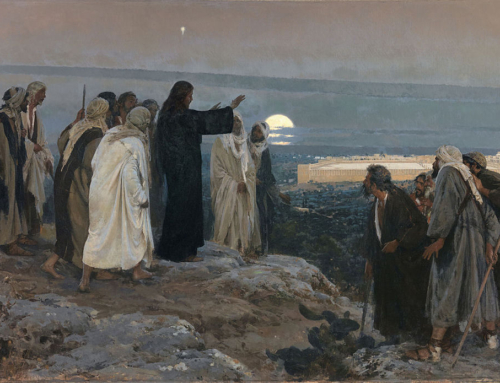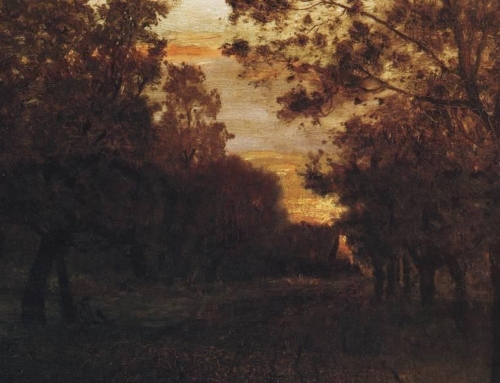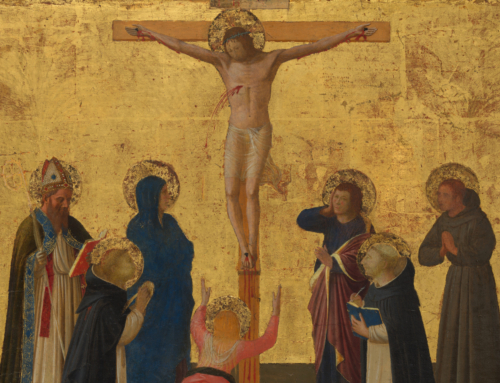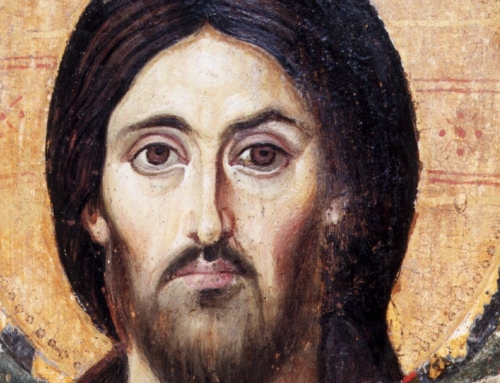During these days since the election of Pope Leo XIV, I’ve been reflecting on one of his many titles: Supreme Pontiff of the Universal Church (Summus Pontifex Ecclesiae Universalis). It raises the question, what’s a pontiff? Pontiff comes from the Latin word pontifex. Breaking it down, pons means “bridge” and fex is a suffix which refers to the word that means “to make”. The title, then, “Supreme Pontiff,” reveals that the Holy Father is the “greatest bridge maker.” But where are these bridges going?
A simple answer takes me back to my days of college seminary. I remember the Vice Rector often saying, “Be bridges, not obstacles, men.” It was a reference to Saint John Paul II’s exhortation Pastores Dabo Vobis (translated “I will give you all shepherds,” a reference to Jer 3:15). In the exhortation, John Paul addresses both men preparing to become priests and men who have already been ordained. Among the many salient points for reflection, one stands out, especially one that answers our question about where the Holy Father is called to build bridges to. John Paul writes:
In order that his ministry may be humanly as credible and acceptable as possible, it is important that the priest should mold his human personality in such a way that it becomes a bridge and not an obstacle for others in their meeting with Jesus Christ the Redeemer of humanity (section 43).
We see, then, that the Holy Father is called to be a bridge to Jesus Christ. Like every priest, all the Holy Father’s undertakings have Christ as their end, so that others may meet Christ in this life. For John Paul, the priest is an effective bridge when he molds his human personality into the very bridge to encounter Jesus.
The effects should be obvious—the more a priest develops the virtues that make his humanity flourish, the easier it will be for souls to encounter Christ in him. The priest, then, becomes a living image of Christ, an image of the one his people will receive and encounter in the Sacraments.
This bridge-building, however, is not reserved only for priests and the Holy Father. In fact, the Second Vatican Council explains that every Christian is meant to build up the Church, principally by leading the world to Christ, each in his respective vocation. To be an effective “bridge maker,” John Paul II draws up a list of virtues and characteristics that are helpful for every Christian who seeks character formation. He lists: affability, hospitality, sincerity in words and heart, prudence and discretion, generosity and readiness to serve, capability of opening oneself to relationships, and lastly, that the bridge maker be quick to understand, forgive, and console (section 43). Regarding vices, he especially mentions that one should not be arrogant or quarrelsome.
As we hope and pray, then, that our newly elected Pope be an effective “bridge maker,” may we also pray for ourselves. Whether priest or layperson, may each of us have the necessary virtues to become a bridge to Jesus Christ, the someone we all knowingly or unknowingly yearn for.
✠
Image: Asher Brown Durand, Sunday Morning (detail)

